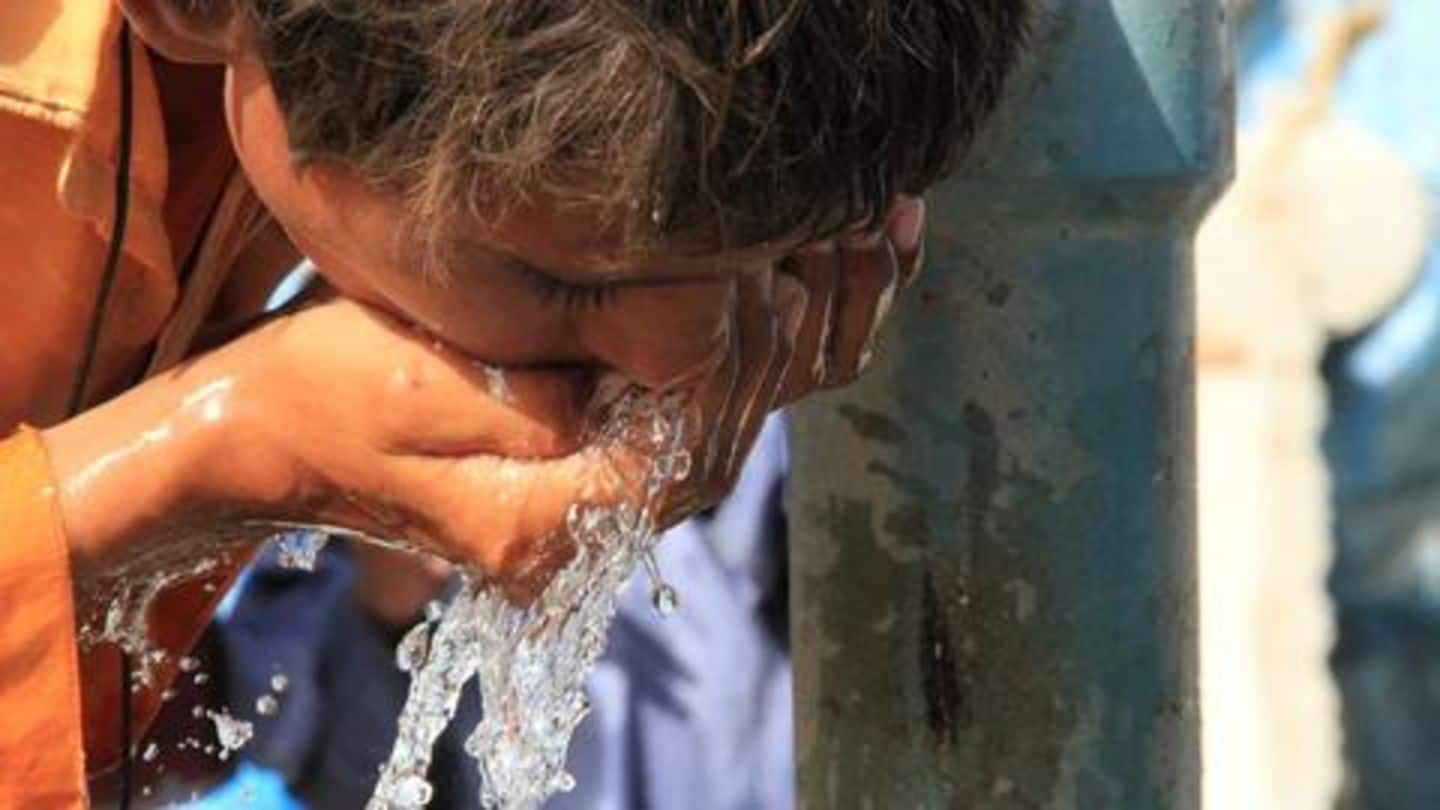
WHO report: 1 in 4 healthcare centers lacks basic facilities
What's the story
The World Health Organization (WHO) and United Nations Children's Fund (UNICEF) published a Joint Monitoring Program (JMP) report for Water Supply, Sanitation and Hygiene (WASH) on April 3.
The report suggested that one in every four healthcare centers around the world lacks basic facilities of water services impacting over 200 crore people globally.
JMP report is the first all-inclusive global assessment of WASH.
Basic facilities
Condition is worse in least developed countries, says the report
The report further said that 20% of centers have no sanitation service, directly affecting 150 crore people.
Many centers even lack basic facilities like hand hygiene and safe segregation and disposal of medical waste, which are important to prevent infections, spreading of antimicrobial resistance and to provide quality services to the patients, especially for childbirth.
Also, condition is worse in least developed countries (LDCs).
LDCs
55% of centers lack basic water facilities in LDCs: Report
The report found out that only 55% of the healthcare facilities in LDCs, where around 1.7 crore women in LDCs give birth each year, had basic water facilities.
Henrietta Fore, Executive Director, UNICEF, said, "When a baby is born in a health facility without adequate water, sanitation and hygiene, the risk of infection and death for both the mother and the baby is high."
Birth
26% newborns lose their lives due to infections, said researchers
Fore further said, "Every birth should be supported by a safe pair of hands, washed with soap and water, using sterile equipment, in a clean environment."
According to researchers, more than 10 lakh deaths are recorded due to unclean births, 26% newborns lose their lives due to infections.
Moreover, 11% of maternal mortality occurs due to the same reason.
Know More
Governments to discuss WASH at World Health Assembly
WHO Director-General, Tedros Adhanom Ghebreyesus, said, "Imagine giving birth or taking your sick child to a health centre with no safe water, toilets or hand washing facilities."
"Ensuring that all health care facilities have basic WASH services is essential for achieving a healthier, safer, fairer world," Tedros added.
Governments will discuss a resolution on WASH facilities at the World Health Assembly in May 2019.
Details
'WASH fundamental to respecting dignity, human rights of every person'
Secretary-General of UN, António Guterres, said, "Water, sanitation and hygiene services in health facilities are the most basic requirements of infection prevention and control, and of quality care."
"They are fundamental to respecting the dignity and human rights of every person who seeks healthcare and of health workers themselves," he added.
He also said, supporting WASH is important to achieve sustainable development goals.